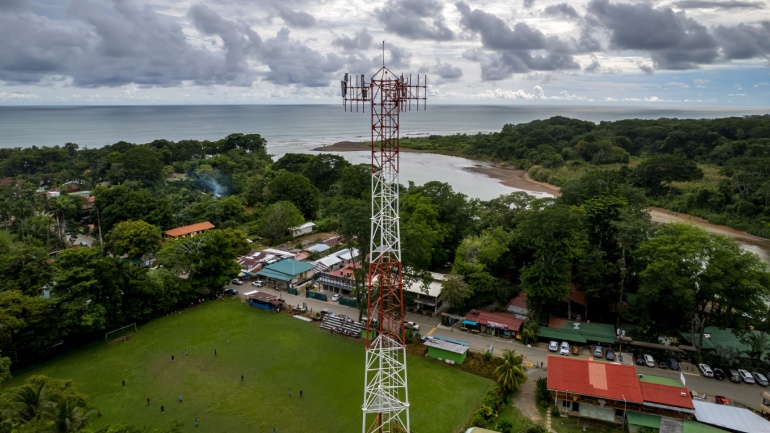Costa Rica is making strides in its journey toward establishing a nationwide 5G network. The nation’s leading telecommunications operator, Instituto Costarricense de Electricidad (ICE), has completed its tender process and is evaluating proposals. This multi-billion-dollar project aims to position Costa Rica at the forefront of digital connectivity in Central America.
The deployment of 5G networks in the country involves advanced Open RAN and Standalone 5G technologies. These frameworks enable greater interoperability between different vendors’ equipment, enhancing security and ensuring the telecommunications infrastructure remains up-to-date. ICE’s tender attracted global telecommunications giants like Samsung Electronics, Huawei Technologies, Nokia, and Ericsson. Other companies like Ribbon Communications and SISAP Infosec are competing for the backhaul-component segments. ICE cites this significant interest as a testament to the international confidence in its technological vision.
Leda Acevedo, Telecommunications Manager at ICE, emphasized their commitment to a fair and transparent evaluation process. According to Acevedo, the final decision will prioritize alignment with the country’s long-term goals. This evaluation will thoroughly assess technical aspects, financial stability, and legal adherence. A significant focus remains on avoiding vendor lock-in, ensuring the infrastructure’s adaptability for future needs.
Despite robust international interest, Costa Rica’s 5G project still encounters challenges. Spectrum licensing has been a stumbling block, creating uncertainties in the deployment timeline. In late 2024, SUTEL, the country’s regulator, revisited the 5G spectrum licensing due to objections from ICE and others. Experts note that while open networks offer flexibility, they could complicate governance and security, presenting additional barriers.
ICE is expected to unveil their selected partners in the near future, with contracts to be finalized soon after. Deployment will begin in major urban areas before expanding nationwide. The success of Costa Rica’s 5G network depends on balancing prompt action with thorough evaluation, making each decision critical.







